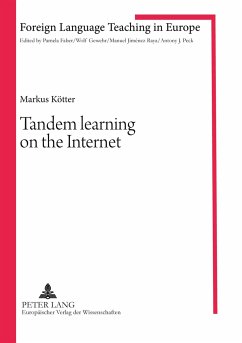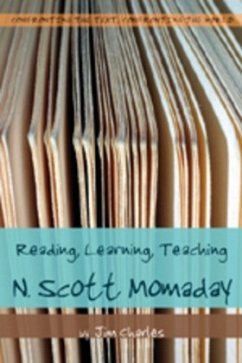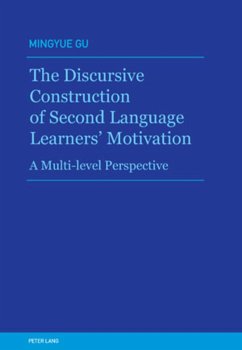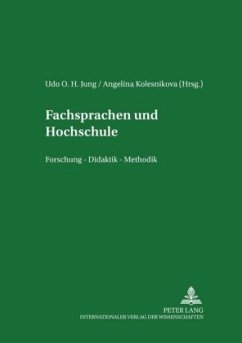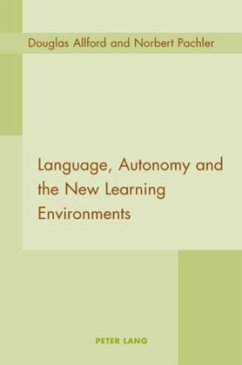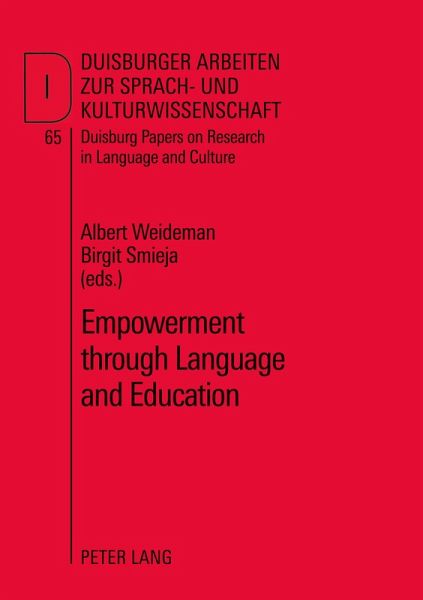
Empowerment through Language and Education
Cases and Case Studies from North America, Europe, Africa and Japan
Herausgegeben: Weideman, Albert; Smieja, Birgit
Versandkostenfrei!
Versandfertig in 6-10 Tagen
53,95 €
inkl. MwSt.

PAYBACK Punkte
0 °P sammeln!
The last two decades have alerted applied linguists and their bureaucratic counterparts - those who make or advise government on language policy - to the issue of dealing with language problems in an accountable fashion. Why do these problems seem so intractable? How is it that these problems have not yet satisfactorily been solved? What is it that continues to drive the interest in this? To the scholars from many parts of the world who have been invited to discuss this anew in the proposed volume, it was evident that language planners, policy makers and language managers do not know just how ...
The last two decades have alerted applied linguists and their bureaucratic counterparts - those who make or advise government on language policy - to the issue of dealing with language problems in an accountable fashion. Why do these problems seem so intractable? How is it that these problems have not yet satisfactorily been solved? What is it that continues to drive the interest in this? To the scholars from many parts of the world who have been invited to discuss this anew in the proposed volume, it was evident that language planners, policy makers and language managers do not know just how much work there is for language teachers to do if all of the academically desirable arrangements or policies proposed are to be implemented successfully. Indeed, the challenge to implement these at times ambitious plans of language policy makers is normally much bigger than the policy makers estimate.






